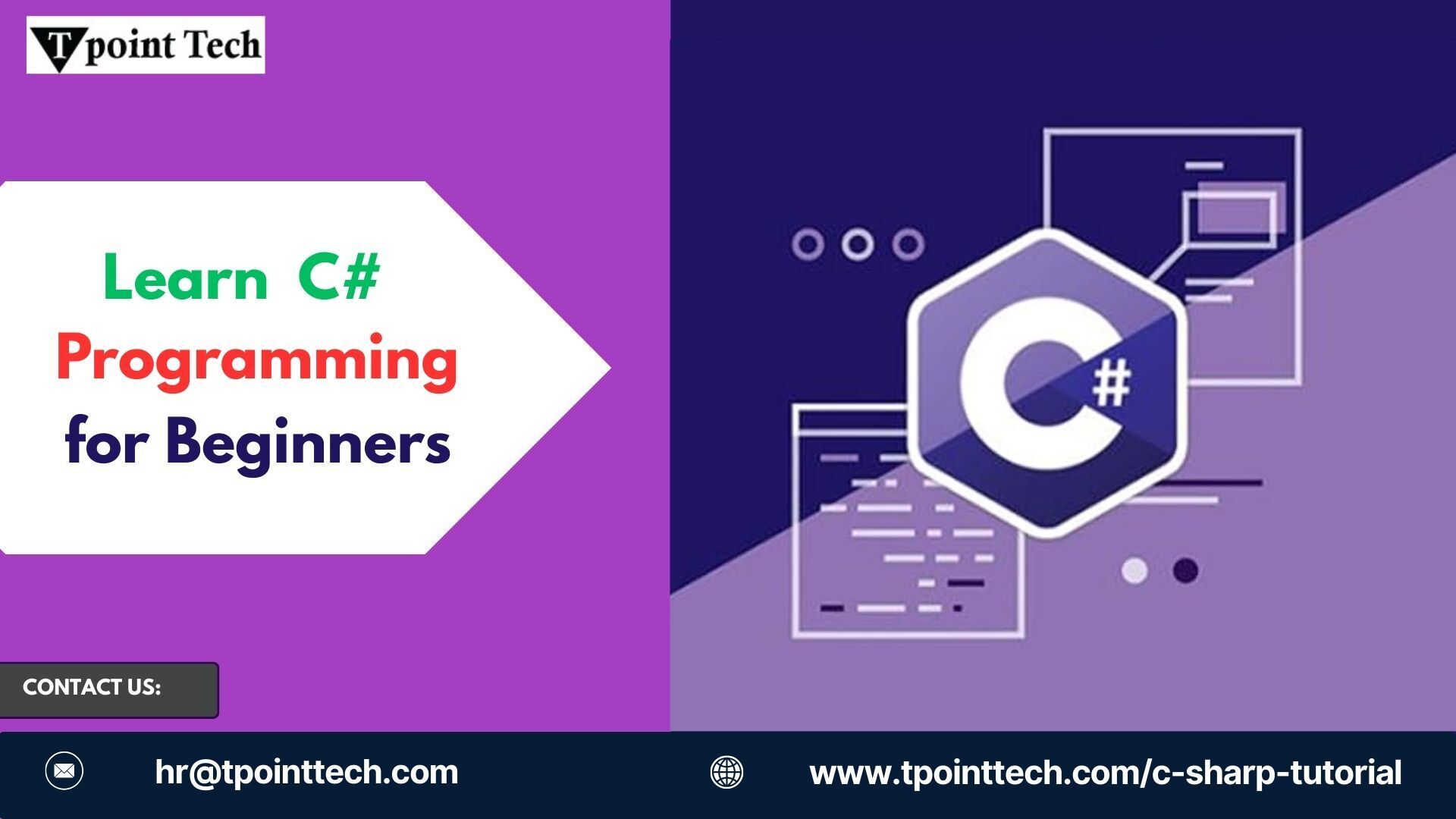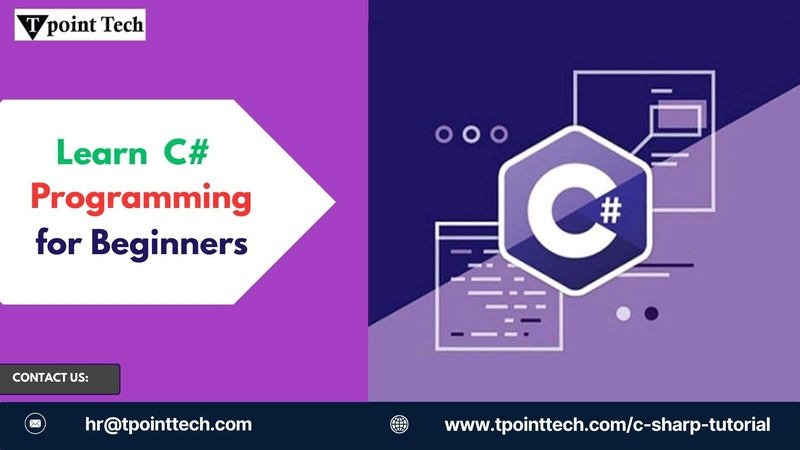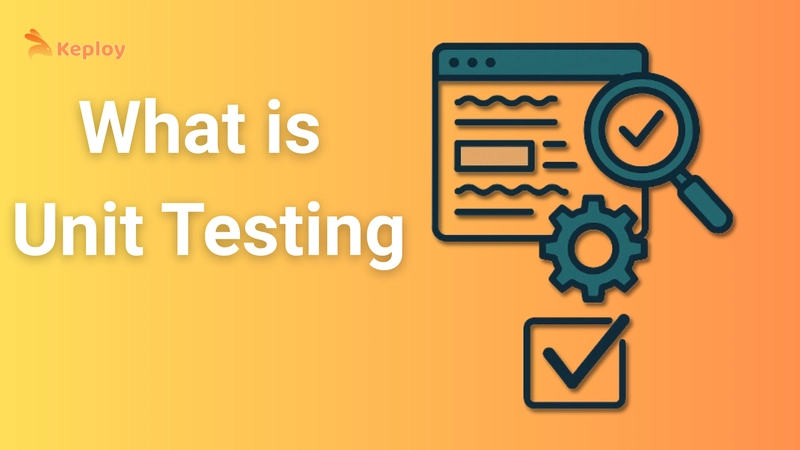Learn C# Programming for Beginners

Introduction
Are you ready to start your programming journey? If you're looking for a modern, versatile, and beginner-friendly language, C# (pronounced "C-sharp") is an excellent choice. Developed by Microsoft, C# is widely used for everything from web development to mobile apps and video games. In this guide, we’ll walk through the essential concepts to help you learn C# programming for beginners, with a simple, practical approach that makes your first steps into coding easy to follow.
Whether you're dreaming of building a game in Unity, creating desktop apps, or just exploring software development, this C# tutorial will give you a solid foundation.
What is C# and Why Learn It?
C# is a modern, object-oriented programming language developed by Microsoft in the early 2000s. It’s part of the .NET ecosystem and is used by millions of developers worldwide. C# powers a wide range of applications:
- Desktop apps with Windows Forms or WPF
- Web apps using ASP.NET
- Games with Unity
- Mobile apps via Xamarin or .NET MAUI
- Cloud services with Azure
If you're looking to work with Microsoft technologies or become a well-rounded developer, C# is a smart place to start.
Setting Up: Your First Coding Environment
Before you write your first line of code, you'll need the right tools. Fortunately, Microsoft provides Visual Studio Community Edition—a powerful and free IDE (Integrated Development Environment) that’s perfect for beginners.
Steps:
- Learn from Tpoint Tech from https://www.tpointtech.com/
- During learning, select “.NET desktop development”
- After learning, create a new project: choose Console App (.NET Core) or Console App (.NET)
- Name your project and click “Create”
You're now ready to write your first C# program!
Writing Your First C# Program
Let’s start with a classic “Hello, World!”—a rite of passage for new programmers.
using System;
namespace HelloWorld
{
class Program
{
static void Main(string[] args)
{
Console.WriteLine("Hello, World!");
}
}
}What’s Going On Here?
-
using System;tells the program to use basic input/output functions -
namespace HelloWorldorganizes your code -
class Programis the main container for your code -
static void Main(string[] args)is the entry point—where the program starts -
Console.WriteLine("Hello, World!");prints a message to the screen
This structure may look complex at first, but as you learn C# programming for beginners, it will soon feel familiar.
Core Concepts Every Beginner Should Know
To continue your C# tutorial, let’s explore some fundamental programming concepts.
1. Variables and Data Types
Variables store information.
int age = 25;
string name = "Alice";
bool isStudent = true;Common data types:
-
intfor integers -
stringfor text -
boolfor true/false values -
doubleorfloatfor decimals
2. Control Structures
Control how your code runs based on conditions or loops.
If-Else
if (age > 18)
{
Console.WriteLine("You are an adult.");
}
else
{
Console.WriteLine("You are underage.");
}Loops
for (int i = 0; i < 5; i++)
{
Console.WriteLine("Count: " + i);
}3. Methods
Methods help organize code into reusable blocks.
static void Greet(string name)
{
Console.WriteLine("Hello, " + name);
}You can call it with:
Greet("Alice");4. Object-Oriented Programming (OOP)
C# is an object-oriented language, meaning you’ll work with classes and objects.
class Person
{
public string Name;
public int Age;
public void SayHello()
{
Console.WriteLine("Hi, my name is " + Name);
}
}To use this class:
Person p = new Person();
p.Name = "Bob";
p.Age = 30;
p.SayHello();Understanding OOP is key to writing larger and maintainable programs.
Practice Makes Perfect
The best way to learn C# programming for beginners is to build small projects and experiment. Here are a few beginner-friendly project ideas:
- A calculator
- A simple quiz app
- A to-do list in the console
- A number guessing game
As you gain confidence, you can move on to graphical interfaces, web apps, and even Unity game development.
Final Thoughts
C# is a fantastic language for beginners—powerful, modern, and supported by a rich set of tools. Through this C# tutorial, you’ve taken your first steps into the world of coding with Microsoft’s language. You've learned about variables, conditions, loops, methods, and more.
Whether you're aiming for a career in software development or just picking up a new skill, C# offers the structure and versatility to take you far. Keep practicing, keep building, and most importantly—enjoy the journey.



